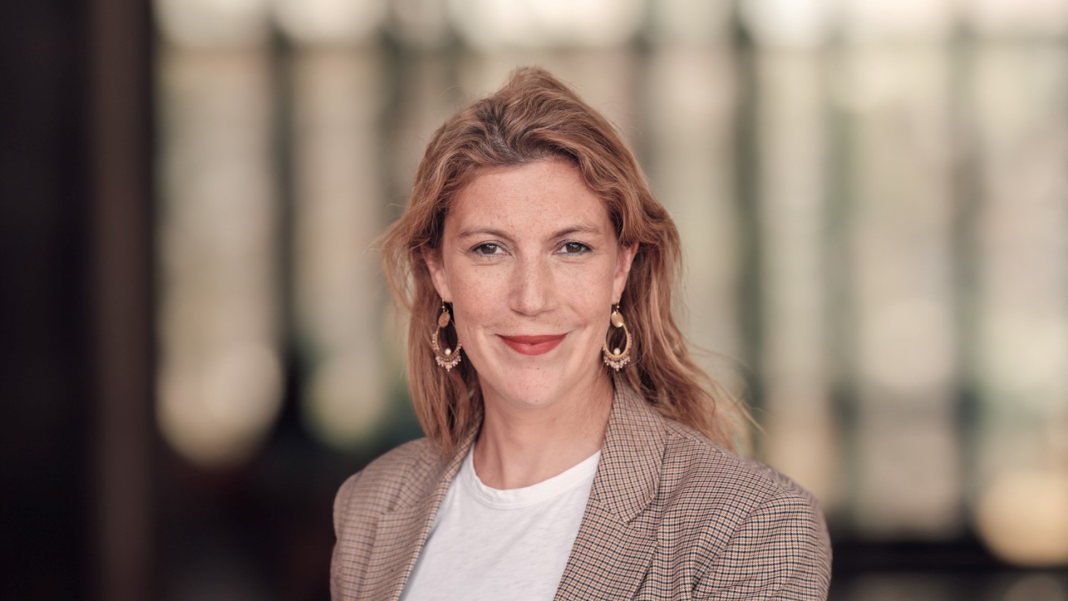Volatility is no longer the exception; it’s the operating environment. For the world’s wealthiest families, sustainability has evolved from virtue to discipline. The question is no longer why to act, but how governance, purpose and capital translate into staying power when conditions shift.
Governance: The Cornerstone of Resilience
More than a compliance exercise, governance has become the architecture of long-term resilience. JP Morgan’s 2025 Principal Discussions highlights that 74% of families allocate philanthropic resources as visible expressions of stewardship, linking culture and capital.
One principal summarised the mindset: “The main driver is to make returns and also have an impact. We are pragmatic.”
Another added, “We invest in things aimed at bettering society, not in something labelled ESG just because it is ESG.”
These frameworks foster cohesion, transparency, and trust, all critical to navigating family dynamics and external uncertainties. Not all families succeed. Those that treat governance as a box-ticking exercise rather than decision architecture often stumble during succession or face cross-border complications.
For them, even tax becomes a sustainability question.
Confronting Systemic Risks
More than half of families cite geopolitical tensions as the paramount risk, alongside climate change, supply chain disruption, and technological advances.
Strategically, families pursue global diversification across sectors and asset classes, favouring private investments where they can maintain active stewardship. In politics-driven markets, control is key. Families prefer assets they can actively oversee, providing both stability and agility when conditions shift.
Purpose as Risk Management
For these families, the purpose is pragmatic, not performative. Capital deployed to reduce social inequalities and environmental vulnerabilities, such as workforce housing, watershed conservation, resilient infrastructure, helps stabilise the ecosystems portfolios depend on.
Rejecting superficial ESG checklists, many families align their capital with conviction, investing in housing, health, education, biodiversity, or innovation. As one prominent European family put it, “Investing with purpose is a way to ensure the security and resilience of our people and wealth over time.”
The logic is clear: pursue returns while reducing exposures that erode long-term capital, from supply disruption to physical risk or loss of community acceptance.
Engaging the Next Generation
Over 70% of families now actively involve younger generations in decision-making, philanthropy, and governance. This engagement fosters innovation, leadership, and continuity. Philanthropy acts as both a teaching mechanism and bonding force enabling the next generation to engage meaningfully with family values and long-term decision-making.
As in sailing, it is less about predicting the wind than about how you trim the sails when it shifts. The families that will compound wealth across generations are not the ones with the best forecasts, but those with clear purpose, aligned governance, and the ability to act together when the forecast is wrong.
Read more articles:
Consolidation In Luxembourg Security Services: Onet Luxembourg Acquires Seris Luxembourg
Luxembourg’s Digital Gatekeeper: INCERT CEO On Cryptography, ESG, And Energy Risks

